
Thank You for Making this Conference a Huge Success!

Thank you to the program committee, speakers, attendees and all those involved for a successful 2023 ISPE Aseptic Conference! See you next year in Vienna, Austria!
Thank you to the Program Committee Chair, Jörg Zimmermann, Vetter Pharma-Fertigung GmbH & Co., for his closing remarks on the final day of the 2023 ISPE Aseptic Conference.
The Barrier Systems in Annex 1: RABS and Isolators discussion session attracted an engaged audience this afternoon. Watch below to hear Richard Denk lead this session and encourage audience members to answer questions based on their experience.
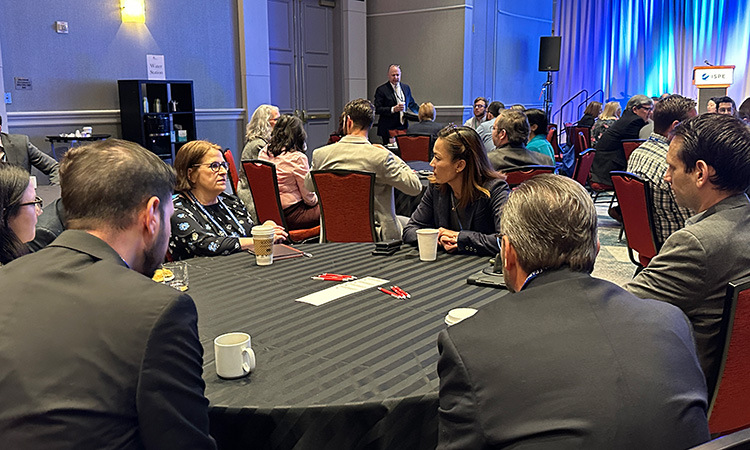
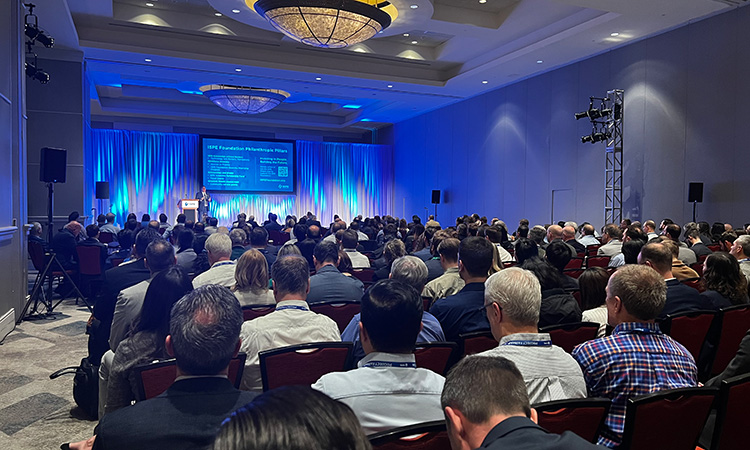
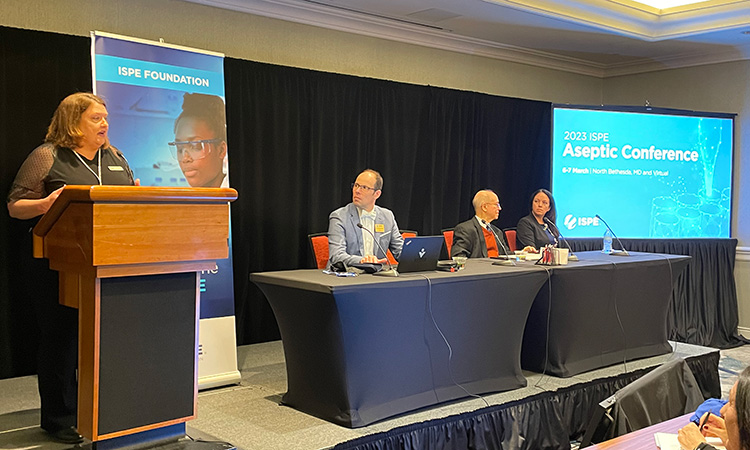
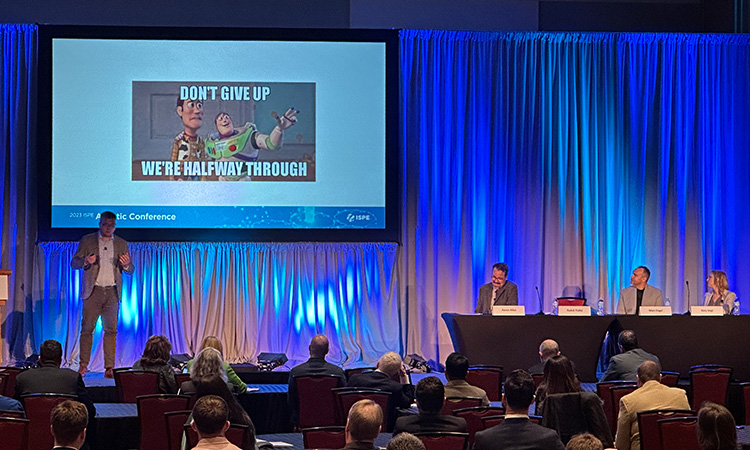
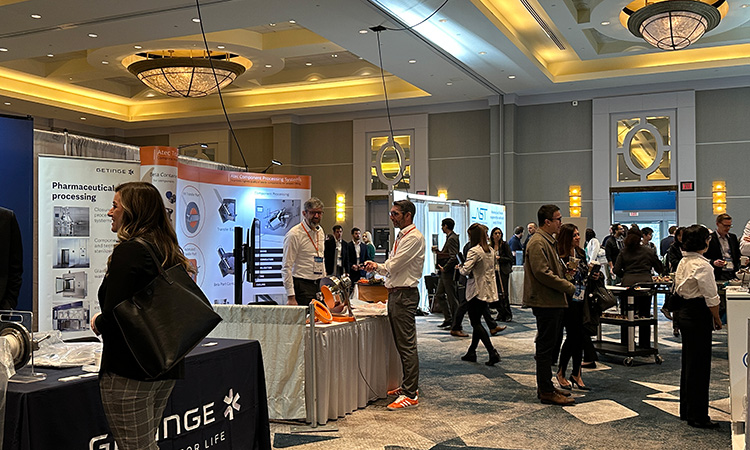
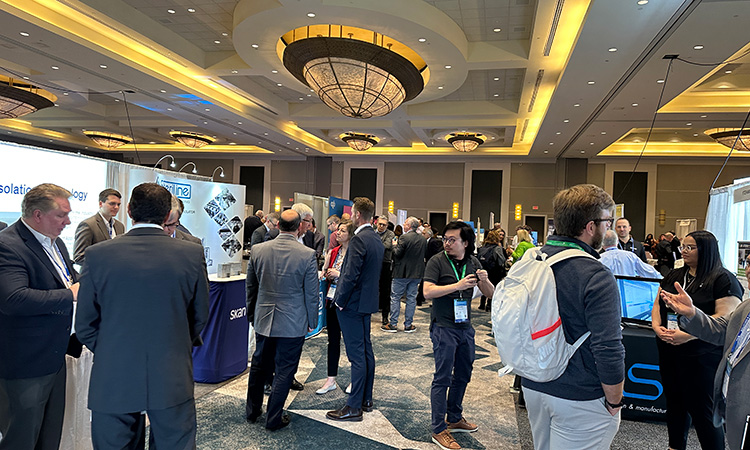
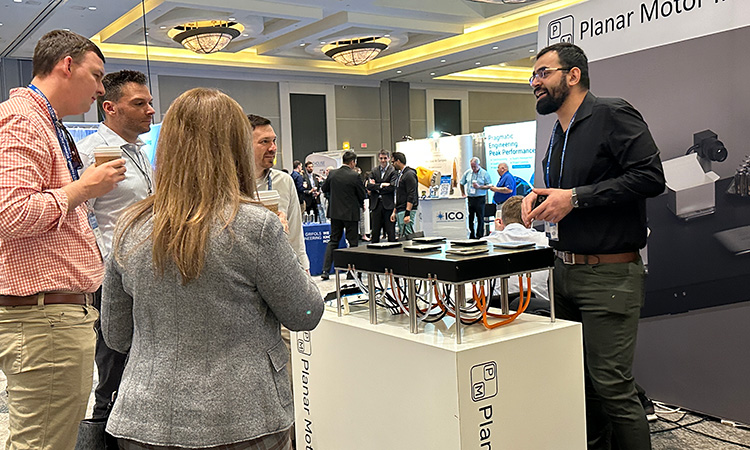
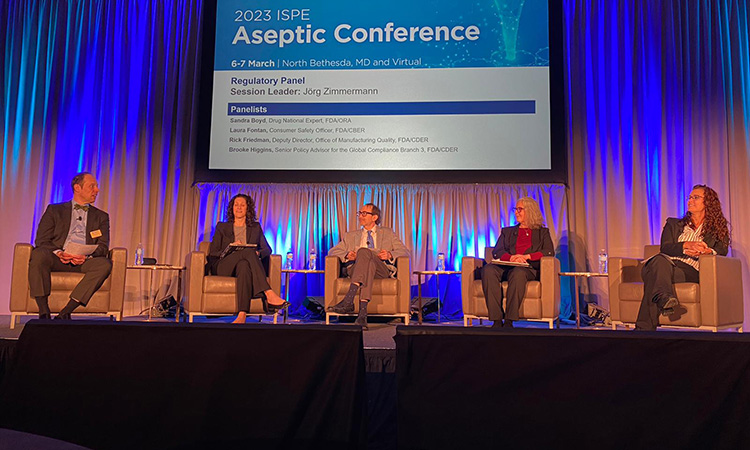
ISPE Aseptic is one of those conferences where the depth of knowledge astounds me. When I started attending and speaking at the ISPE Aseptic Conference in the 2000s, I came to grow and learn.
It is a great honour and pleasure for me as the 2022-2023 ISPE Board Past Chair and Chair of the 2023 ISPE Aseptic Conference Program Committee to give you a first glimpse at the program and of the information and...
The 2023 ISPE Aseptic Conference will devote one entire day to case studies related to aseptic manufacturing projects. For us, seeing the real-life challenges that the industry is facing and how project teams...
ATMPs, Cell and Genetic therapies - or whatever other jurisdictions use – have come a long way. I am unsure how many of us have forgotten the early failures and setbacks. There was a time, in the early years, when serious side effects, such as deaths, endangered the field. It prompted the regulators to halt research, introducing various constraints and safeguards. In Europe, it felt like every...
It’s hard to imagine life without instantaneous weather and time; however, some readers of this blog may know when weather, some years ago, was a mystery, and accurate time required a call from a pay phone to verify the correctness of your new Timex© watch!
It has been a long journey from the development of primarily manual aseptic processes to fully automated systems that do not require manual intervention. Looking back in history, it was a step-by-step development forward to the current contamination control strategy (CCS) many decades ago. The risk of contamination of a sterile product from the environment (room) and the people who do work in...
Building off of the success of the 2022 ISPE Aseptic Conference, the program committee has developed a robust program covering key areas in aseptic manufacturing, processing, and filling for students, emerging...
Multi-Use Filling Line for RTU Syringes, Vials, Cartridges and Bulk Vials - Photo courtesy of INCOG BioPharma Services
The definition of technology is “the set of knowledge, skills, experience, and techniques through which humans change, transform and use our environment in order to create tools, machines, products and services that meet our needs and desires.” A...
ISPE Aseptic is one of those conferences where the depth of knowledge astounds me. When I started attending and speaking at the ISPE Aseptic Conference in the 2000s, I came to grow and learn.
It is a great honour and pleasure for me as the 2022-2023 ISPE Board Past Chair and Chair of the 2023 ISPE Aseptic Conference Program Committee to give you a first glimpse at the program and of the information and...
The 2023 ISPE Aseptic Conference will devote one entire day to case studies related to aseptic manufacturing projects. For us, seeing the real-life challenges that the industry is facing and how project teams...
ATMPs, Cell and Genetic therapies - or whatever other jurisdictions use – have come a long way. I am unsure how many of us have forgotten the early failures and setbacks. There was a time, in the early years, when serious side effects, such as deaths, endangered the field. It prompted the regulators to halt research, introducing various constraints and safeguards. In Europe, it felt like every...
It’s hard to imagine life without instantaneous weather and time; however, some readers of this blog may know when weather, some years ago, was a mystery, and accurate time required a call from a pay phone to verify the correctness of your new Timex© watch!
It has been a long journey from the development of primarily manual aseptic processes to fully automated systems that do not require manual intervention. Looking back in history, it was a step-by-step development forward to the current contamination control strategy (CCS) many decades ago. The risk of contamination of a sterile product from the environment (room) and the people who do work in...
Building off of the success of the 2022 ISPE Aseptic Conference, the program committee has developed a robust program covering key areas in aseptic manufacturing, processing, and filling for students, emerging...
Multi-Use Filling Line for RTU Syringes, Vials, Cartridges and Bulk Vials - Photo courtesy of INCOG BioPharma Services
The definition of technology is “the set of knowledge, skills, experience, and techniques through which humans change, transform and use our environment in order to create tools, machines, products and services that meet our needs and desires.” A...
ISPE Aseptic is one of those conferences where the depth of knowledge astounds me. When I started attending and speaking at the ISPE Aseptic Conference in the 2000s, I came to grow and learn.
It is a great honour and pleasure for me as the 2022-2023 ISPE Board Past Chair and Chair of the 2023 ISPE Aseptic Conference Program Committee to give you a first glimpse at the program and of the information and...
The 2023 ISPE Aseptic Conference will devote one entire day to case studies related to aseptic manufacturing projects. For us, seeing the real-life challenges that the industry is facing and how project teams...
